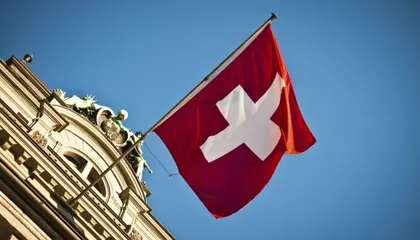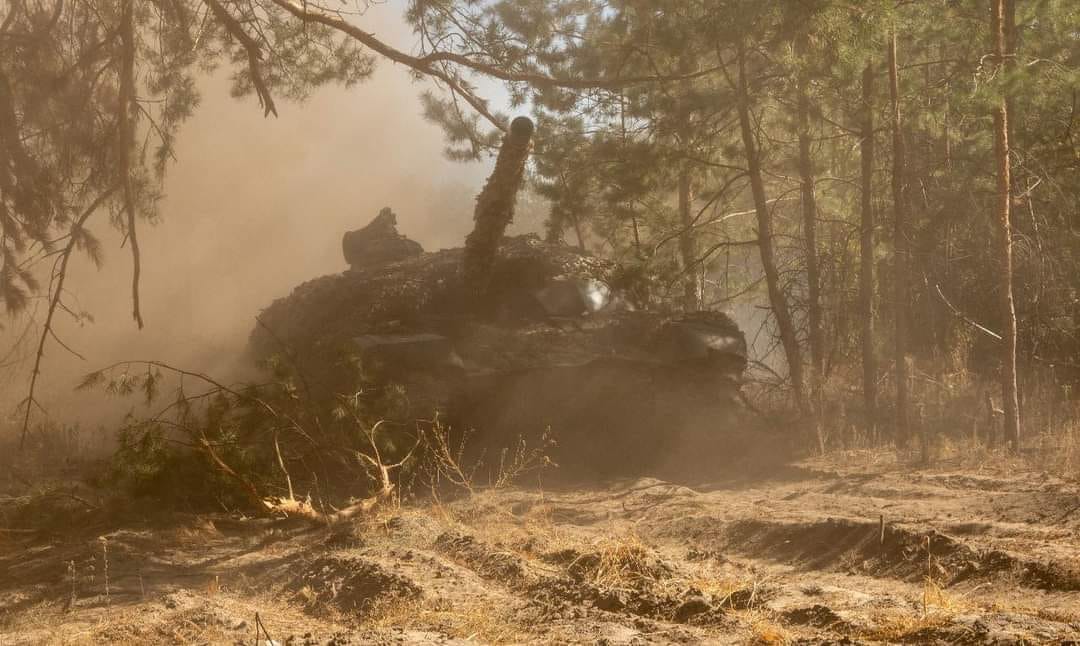One in two people in Switzerland favor relaxing the country's military neutrality to allow the transfer of Swiss-made arms to Ukraine by third countries, according to a poll published Wednesday.
The issue of Switzerland's long tradition of neutrality has been under debate since Russia's full-scale invasion of Ukraine just over a year ago.
JOIN US ON TELEGRAM
Follow our coverage of the war on the @Kyivpost_official.
While the wealthy Alpine country, which is not a member of the European Union, has followed the bloc's lead on sanctions targeting Moscow, it has so far shown less flexibility on its strict military neutrality.
Despite pressure from Kyiv and its allies, Switzerland has so far refused to allow countries that hold Swiss-made weaponry to re-export it to war-ravaged Ukraine.
To date, it has rejected explicit requests from Germany, Spain and Denmark, pointing to its War Materiel Act, which bars all re-export if the recipient country is in an international armed conflict.
But Wednesday's poll indicated that half the population would back a relaxation of that rule.
According to the survey of nearly 28,000 people carried out last month by the Tamedia publisher and 20 Minutes daily in collaboration with the LeeWas Institute, 50 percent were in favour of allowing the re-export of Swiss arms to Ukraine, while 46 percent were opposed.
The poll also showed that voters of all political stripes favoured allowing such arms transfers, except for those who back the rightwing populist Swiss People's Party, the country's largest political party.

Rare North Korean Long-Range Cannon Spotted Heading West in Russia
Several initiatives are under way in parliament towards relaxing the re-export rules to make it possible for Swiss-made weaponry to be transferred by third countries to Ukraine.
Any decision is likely months away.
The association Pro Suisse, which vigorously defends the principles of Swiss neutrality, has said it will demand a referendum if the parliament does opt to weaken the law.
The Swiss arms industry meanwhile is eager to see such a change, warning that without a more flexible approach, countries may look elsewhere for their weapons supplies.
You can also highlight the text and press Ctrl + Enter






